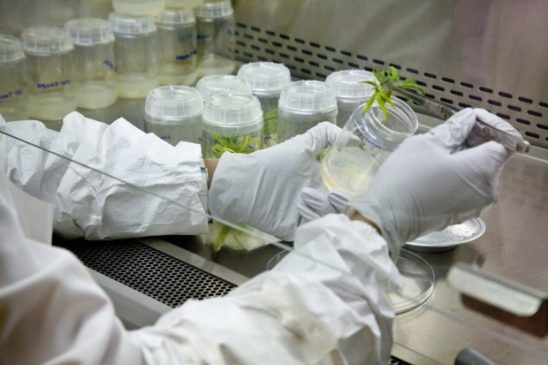Alfie Dingley seizure-free
Hannah Deacon has said Alfie Dingley, 7, is “doing amazingly well” and has not had a single seizure since July after he started taking cannabis-derived medicine that the Home Office permitted on a special licence in June to treat his epilepsy.
“He’s going to school every day, he’s riding a horse, he’s riding a bike. He has a pretty much normal life,” she said.
Alfie’s family petitioned the government in March after they found his condition improved when he was given a cannabis-based medication in the Netherlands, where it is legal, in September 2017.
Cannabis oil saves young cancer patient

A mother has told of how cannabis oil that she made illegally saved her 14-year-old son Deryn when he had only three days to live.
Callie Blackwell told Metro that Deryn had “tried every painkiller, antibiotic, anti-sickness and steroid drug” to treat a rare form of cancer.
The turnaround was all but immediate. “The first thing that was remarkable was his refusal of Cyclizine, an anti-sickness drug he had become addicted to,” says Callie. “He never took that or morphine again! Five days later, his immune system started to produce blood cells – this was a week after doctors told us that there was absolutely no chance of him recovering.”
Jobs boom in canada

The Washington Post reports that Canada is seeing a jobs boom in the newly legalised cannabis industry. Jobs in the sector have at least “tripled” and “run the gamut from budtender to quality assurance specialist to cannabis connoisseur”.
New cannabis firms are also competing with other companies for the best data scientists and engineers.
“The sector is moving at a breakneck speed,” Alison McMahon, founder and chief executive of the human resources firm Cannabis at Work, tells the paper. “It is the most fast-paced industry I’ve been a part of, and I’ve been a part of the tech start-up world.”
Lab-grown cannabis promises higher productivity

Boston-based Ginkgo Bioworks claims it is developing the technology to produce the active ingredients in marijuana from genetically modified microorganisms, such as yeast. The company says its process, which draws on the field of synthetic biology, will produce a far greater array of valuable compounds at greater purity and for less money than marijuana plants can.
In brewing beer, yeast functions essentially as a factory, converting sugar into alcohol. Ginkgo plans to modify the DNA of yeast (or another microorganism) so its enzymes convert a “soup” of sugar, vitamins, nitrogen and other ingredients into THC, CBD and other chemicals found in marijuana. Instead of growing on farms, the chemicals will be produced in giant metal vats, like the ones at breweries.
The technology has the potential to significantly raise productivity and therefore bring down the price of cannabis products.




